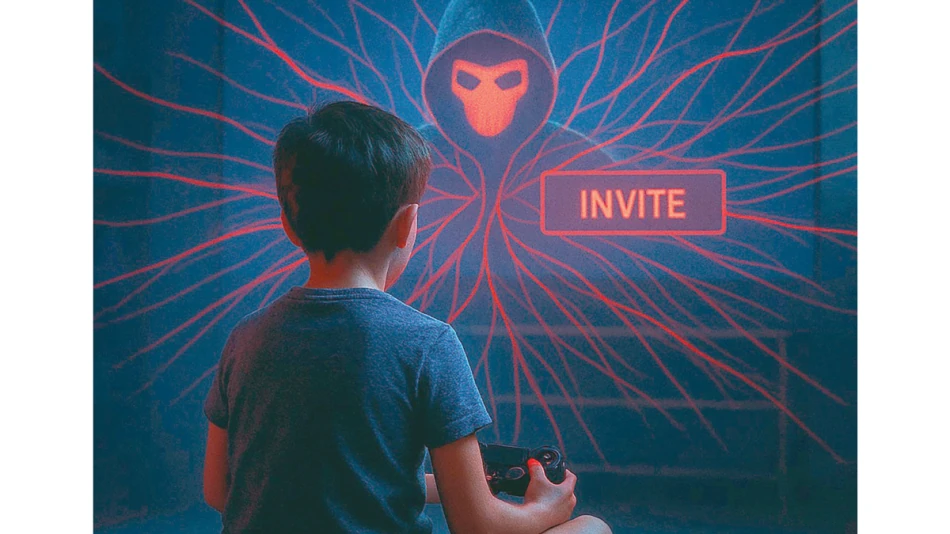
Unveiling the Hidden Realities of the Esports Industry: Student Testimonies Reveal Untold Narratives
Students in the UAE are sharing alarming stories about online predators targeting them through gaming platforms and digital apps. During a safety awareness lecture, several students revealed how strangers tried to lure them through unknown links and requests to turn on their cameras. Their parents' quick intervention proved crucial in preventing potential harm.
The stories came to light during a lecture organized by the UAE Lawyers and Legal Association's Fujairah branch as part of their "Together We Start a Safe Year" initiative. The students' accounts show how digital dangers lurk behind seemingly innocent gaming sessions and social media interactions.
One elementary student described receiving a link from an unknown person while playing an online game. When he clicked it, inappropriate content appeared on his screen. The sender then tried to convince him to turn on his camera. "I told my father about it because I felt scared of this person who seemed older than me," the student said. His father immediately disabled the chat feature.
Other students reported facing cyberbullying during gaming sessions. One student said a stranger tried to befriend him online but then started asking questions about his family members. Another witnessed classmates smoking while gaming at a public venue. He refused to join them and told his father, who alerted the venue management to protect other children.
Legal consultant Fatima Al Ali warned against underestimating the threats students face online. "Staying silent about blackmail exposes victims to more dangers and gives blackmailers a chance to go further," she said. She described the internet as a double-edged sword that can open doors to knowledge but also enable crimes like account theft, blackmail, and sharing inappropriate content.
Al Ali gave practical advice to students: "Don't click any link sent through social media, even if it appears to come from your father or friend, before confirming with them personally. Hackers can take over accounts and deceive you with fake interfaces."
She also stressed avoiding free gifts or food from strangers, noting that some of these tactics are used in drug trafficking. The lawyer highlighted a case of an introverted student who faced bullying over her old backpack and poor grades. The girl attempted suicide at school. Later, it emerged she had lost her mother and was going through difficult circumstances with no one to help her.
Many students fall into what they consider "harmless pranks," like sharing a friend's number for telemarketing calls or forwarding inappropriate videos "for fun." Al Ali explained these actions are legally classified as crimes that can result in "harassment charges" or "promoting pornographic content." She warned that simply storing illegal content on a phone is a punishable offense.
Lawyer Khadija Suhail emphasized the importance of self-confidence and knowing proper reporting procedures, whether at school or with relevant authorities. She highlighted how sharing friends' photos without permission constitutes a crime that can lead to legal consequences.
The initiative has reached over 500 students across more than 10 schools in Masafi, Dibba, and Fujairah since the academic year began. It covers ages from kindergarten through high school, focusing on cybersecurity fundamentals like creating strong passwords and safely downloading apps.
The program also addresses drug awareness and provides students with child helpline numbers. Organizers distributed commemorative gifts carrying awareness messages and saw strong engagement from both students and families.
Lawyer Mouza Masoud said the initiative aims to tackle digital challenges threatening students and combat cyberbullying and blackmail. It also protects children from online grooming tactics spread through internet platforms and smart applications.
The rising number of juvenile crime cases, particularly those stemming from students' ignorance of laws or considering certain behaviors "normal" when they're actually crimes, prompted this awareness campaign. Legal experts stress that early legal education and raising awareness among families and students represent the first line of defense against these digital threats.
Most Viewed News

 Sara Khaled
Sara Khaled






